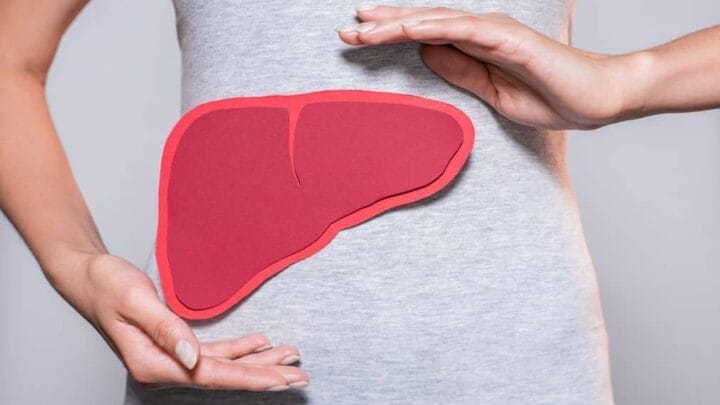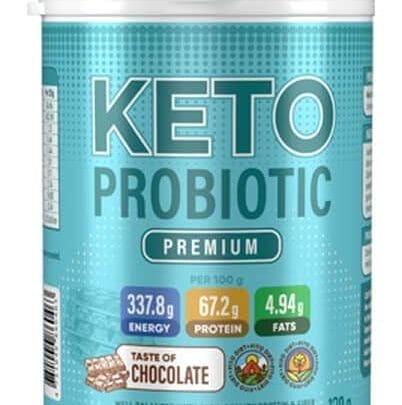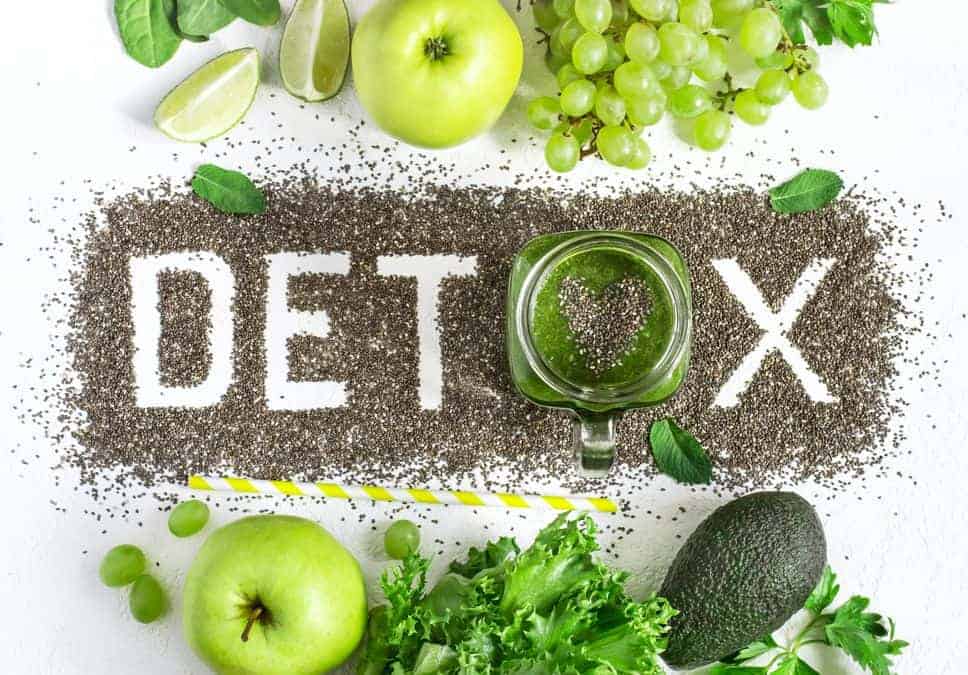
Cleansing the body of toxins – how to do a natural detox?
At some point in our lives, we may notice that all processes, especially metabolic processes, taking place inside the body begin to run more slowly and become less efficient. This can mean that there is an excess of toxins, i.e. compounds, deposited in various internal systems and organs, whichchemical compounds that got there mostly from external sources. If they are not removed, they will quickly begin to deteriorate health, often becoming the cause of the development of dangerous diseases, which is why it is so important to cleanse the body of toxins, or detoxification.
Contents
- 1 What are health-threatening toxins?
- 2 What are the health risks posed by toxins?
- 3 Which symptoms can indicate the presence of toxins in the body?
- 4 What parts of the body are responsible for detoxification?
- 5 What do we mean by detoxification and how often should it be done?
- 6 Which natural methods of cleansing toxins are worth considering?
What are health-threatening toxins?
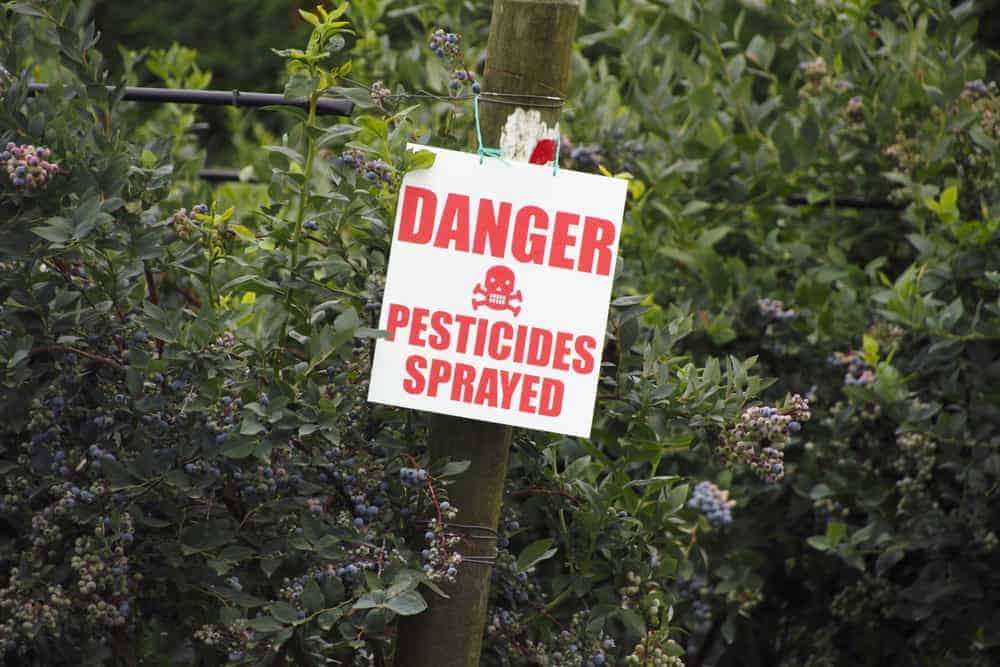
Before we address the most effective ways to detoxify the body, we should first learn what toxins actually are and which of them pose the greatest threat to our health. Toxins are primarily the aforementioned chemical compounds that, in a sense, we ourselves provide along with the air we breathe or the food and water we consume every day.
Such harmful compounds include, among others, air-derived carbon dioxide, carbon monoxide and carbon dioxide, heavy metals, primarily lead, soot, ammonia, hydrogen sulfide, nitrogen oxides, dioxins, hydrocarbons, or the ubiquitous dust. Along with food, we introduce pesticides and other pesticides, artificial dyes, food enhancers and fixatives, and particularly dangerous preservatives.
Water, which is increasingly contaminated, especially near large concentrations of people, and in which pesticides, phenolic compounds and heavy metals can be found, is beginning to pose an equal threat. And let’s not forget cigarettes, and their smoke contains practically the entire Periodic Table, more than 5,000 different chemical compounds, the vast majority of them harmful.
What are the health risks posed by toxins?
Definitely do not underestimate any of the risks listed above, excess accumulation of toxins very quickly can lead to the development of many diseases, not only difficult to treat, sometimes even leading to death. Among the diseases caused by different types of toxins we can include:
- severe allergic reactions;
- disorders of the thyroid gland;
- impaired absorption of nutrients;
- diseases of the digestive system, such as gastric or duodenal ulcer;
- asthma and obstructive pulmonary disease;
- hyperactivity and sleep problems leading to insomnia;
- cancers affecting various internal organs and skin;
- cardiovascular diseases;
- higher risk of myocardial infarction and stroke;
- overweight and obesity;
- brain disorders, weaker memory, concentration and cognitive abilities.
Which symptoms can indicate the presence of toxins in the body?
As you can see, the list of diseases caused by toxic substances that we often supply to our bodies ourselves is long. So it is worth paying close attention to the characteristic symptoms that may indicate their presence, and our concern should be aroused:
- declines in immunity, less effective work of the immune system;
- a constant feeling of fatigue, even after rest and the recommended daily dose of sleep;
- weakened condition of hair, which becomes brittle, fragile and begins to fall out in large quantities;
- higher than usual brittleness of nails;
- deterioration of mental mood, irritability, nervousness and violent mood swings;
- weaker memory and difficulty concentrating, often even on the simplest activities;
- violent hot flashes, which are worth paying close attention to, as they can easily be mistaken for symptoms of menopause or andropause;
- skin changes, irritation, redness, acne or enlarging cellulite;
- unpleasant mouth odor and equally unpleasant sweat or urine odor, heralding excess toxins in the body;
- digestive disorders, abdominal pain, bloating, constipation or diarrhea;
- sudden weight gain resulting from improper metabolic processes.
What parts of the body are responsible for detoxification?

Although our body spontaneously tries to remove lingering toxins and unnecessary metabolic products, with excessive accumulation, it is not always able to get rid of all of them. It is worth knowing which parts of the body are responsible for their removal, and these are the ones that need to be supported in order for detoxification to proceed not only quickly, but also effectively. The most important functions here are:
- the skin, which removes toxins with sweat;
- the urinary system, especially the kidneys, a natural filter that cleanses the blood of all harmful compounds;
- the digestive system, especially the intestines, responsible for digestion and the removal of all unnecessary residues with the feces;
- The lungs, and some of the toxins are removed with the exhaled air.
What do we mean by detoxification and how often should it be done?
We already know what toxins are, what health risks they pose, and we have learned the symptoms that an excess of them can cause. So we should learn about effective ways of detoxification, that is, the process of removing all harmful compounds, preferably using natural methods with no side effects. The health benefits will be indisputable, and cleansing the body of lingering toxins should be carried out regularly.
Of course, it depends on a number of factors, first of all, the lifestyle you lead, diet, physical activity, whether or not you smoke cigarettes and drink alcohol. Equally important is the nature of work, often in a highly polluted environment, and the appearance of any of the symptoms described above is a sign to decide on a thorough detoxification.
Which natural methods of cleansing toxins are worth considering?
There are several methods of getting rid of toxins from the body, but not all of them are worth using, despite their effectiveness. Deciding to use popular pharmaceuticals, which have in their composition, for example. activated carbon or silicon dioxide, for example, we will certainly remove most of the unwanted substances from the body, but at the same time we must reckon with the possibility of side effects, sometimes very troublesome. Therefore, it is better to opt for natural solutions, and in the detoxification of the body can help us, among other things:
Maintaining sleep hygiene
The first basis for effective detoxification of the body is an adequate daily dose of rest, which is difficult to obtain if we do not follow the recommended sleep hygiene rules. Healthy sleep, in the dose of every 7-8 hours a night, allows the body to fully regenerate, and also has a beneficial effect on the course of digestive and metabolic processes.
Cleansing diet
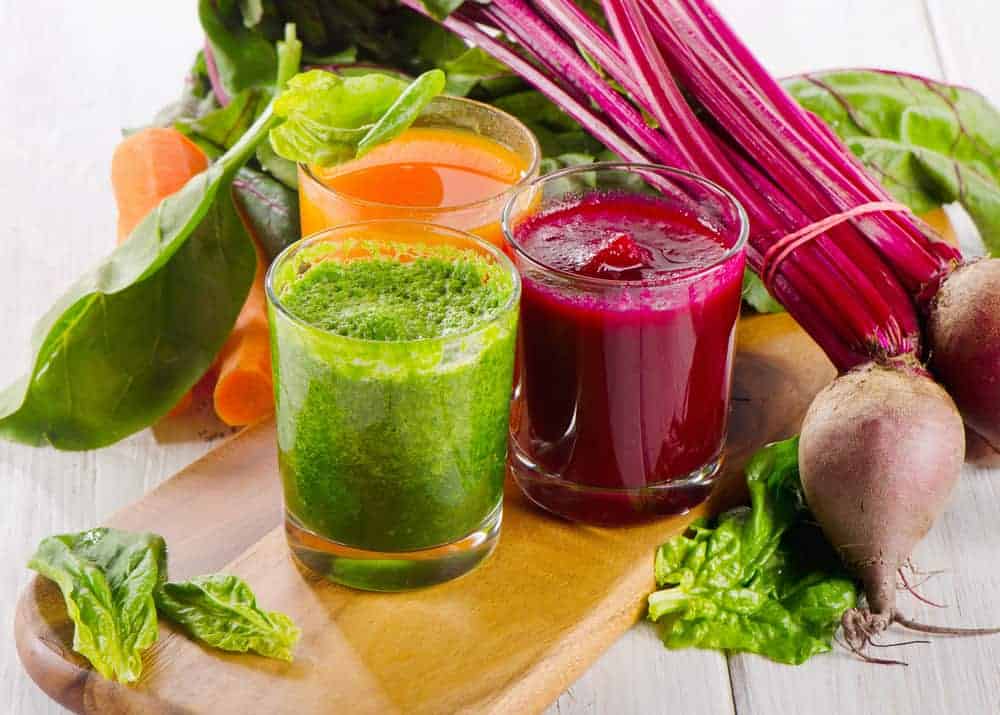
Another thing that anyone experiencing symptoms of toxins should do is to analyze and change their current diet. It is a good idea to opt for a cleansing diet, which is also useful as a preventive measure, and its basis is to eliminate from your menu several groups of products that can contaminate your system, such as:
- highly processed foods, full of harmful artificial ingredients, dyes or preservatives;
- white sugar, not only that with which we sweeten tea or coffee, but also other food products that have large amounts of it in their composition;
- products sweetened with glucose-fructose syrup and corn syrup;
- excess salt and salty snacks;
- products containing saturated fatty acids and equally harmful trans isomers.
The diet should be comprehensively modified, introducing large amounts of products that have cleansing and digestion-enhancing dietary fiber. These are primarily fruits and vegetables, and the most conducive to detoxification are:
Vegetables:
- Beets, improving liver function, having cleansing and deacidifying properties;
- Sauerkraut, which improves digestion and digestive function, and contains beneficial sulfur compounds and natural probiotics;
- celery, and its detoxifying effect is influenced precisely by the high amount of fiber;
- broccoli, having a similar effect on the contaminated body as cabbage;
- garlic, which has a strong antibacterial effect, allowing you to get rid of harmful bacteria and parasites from the digestive system;
- artichokes, allowing you to remove excess cholesterol and triglycerides;
- nuts and seeds, another source of dietary fiber;
- leafy vegetables, whose properties are determined by the presence of chlorophyll in the leaves, arugula, green parsley, which also have a diuretic effect, spinach.
Fruits:
- Apples, also full of pectin that regulates bowel movements;
- citrus fruits, especially lemons andgrapefruit, effective in stimulating weakened intestinal peristalsis;
- blueberries and bilberries, characterized by antioxidant activity, removing pathogenic free radicals from the body;
- cranberries, supporting the cleansing of toxins thanks to their diuretic properties;
- raspberries, another powerful antioxidant.
When planning a detoxification diet, do not forget about the right amount of fluids, especially pure, mineral and still water, which should be drunk at least 2 liters a day. Water will allow the smooth removal of lingering toxins, without it the body could not produce the necessary urine and sweat. You will also need to limit all stimulants, not only smoking and drinking alcohol, but also black coffee and black tea.
Herbs to help cleanse the body
Since we want to carry out a detox using only natural methods, it is worth taking advantage of what herbal medicine has in store for us, the power of herbs and other plants with proven cleansing properties. The home herbal medicine cabinet should include:
- birch extract, which acts as a diuretic, thanks in part to its flavonoid content;
- spotted thistle, with detoxifying, laxative properties and accelerating the regeneration of damaged liver cells;
- turmeric, an antioxidant spice that stimulates the secretion of pancreatic enzymes and bile, and has diastolic and antimicrobial properties;
- dandelion, a diuretic and accelerates the removal not only of toxins, but also of residues from metabolic processes;
- Tri-colored violet, beneficial for metabolic processes, with laxative and anti-inflammatory effects;
- field horsetail, beneficial not only for hair, also enabling more efficient removal of excess water and harmful compounds from the body.
Sources:
- https://www.healthline.com/nutrition/how-to-detox-your-body
- https://www.healthline.com/health/food-nutrition/detox-cleanses-do-diets-work
- https://www.healthline.com/nutrition/detox-diets-101


